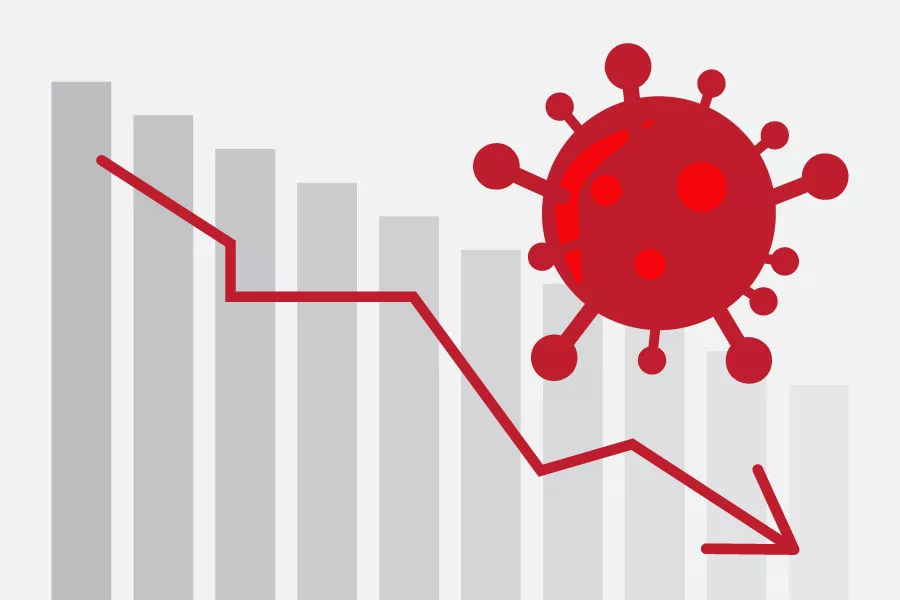
Home » Economically disadvantaged groups among hardest hit by Covid-19 job losses
Economically disadvantaged groups among hardest hit by Covid-19 job losses

April 15, 2021
By Newswise
Nationwide unemployment fell to 6% in March, according to an April 2 U.S. Department of Labor report. The strongest gains were in leisure and hospitality, and construction. The news was better than expected, but aggregated data doesn’t always tell the full story, according to economists at Washington University in St. Louis. The nationwide unemployment rate in March for white Americans was 5.4% while it was 9.6% for Black Americans.
Generally speaking, recessions disproportionately hurt economically disadvantaged groups. The current recession created by the Covid-19 pandemic is no exception. It has especially impacted women – particularly Black and Hispanic women – and less educated workers, magnifying existing U.S. employment inequality, according to new research conducted by Steven Fazzari, the Bert A. and Jeanette L. Lynch distinguished professor of economics in arts and sciences, and senior Ella Needler, an economics major and a student in the Olin Business School.
And the effects of this inequality likely will be felt long after the recession both in terms of employment and economic growth, they said.
“Unemployment creates economic hardship and psychological stress for individuals and families,” said Fazzari, who also directs the Weidenbaum Center on the Economy, Government and Public Policy at Washington University. “Of course, unemployment wastes valuable productive resources. But inequalities in the way recessions destroy jobs magnify the personal and social costs.”
Fazzari and Needler developed a tool to measure inequality – what they label “job-months lost” – that captures both how much employment declines during a recession and the persistence of those declines to compare the inequality in U.S. employment across social groups during the Great Recession and the Covid-19 pandemic.
“There’s a tendency to consult aggregated data when interpreting the state of the economy,” Needler said. “But aggregated data can hide disproportionate effects that impact important groups.”
Their research exposes the unequal ways in which the recession has impacted women and lower income and minority workers. It also makes the case that policies designed to stimulate the economy should provide disproportionate relief for those most hurt by the pandemic.
The research showed a significant shift of job losses from men in the Great Recession to women in the current economic crisis induced by the pandemic. The 2008-09 recession hit manufacturing and residential construction employment particularly hard, both sectors in which men constitute a much larger share of employment than women.
In contrast, Covid-19 hit service jobs particularly hard in industries such as restaurants, travel and health care – all sectors in which women hold a larger share of the jobs. Women also have been disproportionately affected by additional child care duties as Covid-19 shut down schools and child care centers.
Diversity
KEYWORDS april 2021





